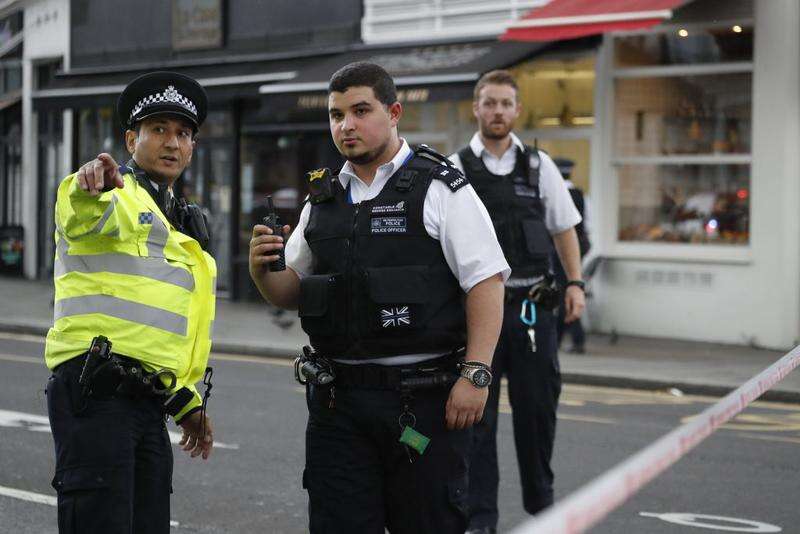In a significant policy shift, London’s Metropolitan Police announced on Monday that they will no longer investigate ‘non-crime hate incidents,’ following widespread criticism over the arrest of comedy writer Graham Linehan for anti-transgender social media posts. The decision comes after Police Commissioner Mark Rowley emphasized the need for clearer guidelines on handling offensive online content, particularly in cases that do not constitute criminal offenses. Linehan, known for creating popular shows like ‘Father Ted’ and ‘The IT Crowd,’ was detained at Heathrow Airport in September over three posts on X (formerly Twitter), which authorities initially claimed incited violence. The UK’s policing watchdog had previously recommended halting the recording and investigation of such non-criminal hate incidents. The Met’s spokesperson stated that the new policy would provide ‘clearer direction for officers’ and allow them to focus on criminal investigations. While non-crime hate incidents will still be recorded, police will no longer pursue them unless they involve clear risks of harm or disorder. Prosecutors also confirmed on Monday that they would take ‘no further action’ against Linehan, who had been accused of inciting violence through his posts. One of the controversial posts read, ‘If a trans-identified male is in a female-only space, he is committing a violent, abusive act. Make a scene, call the cops, and if all else fails, punch him in the balls.’ Linehan, who denies separate harassment charges related to abusive posts against a transgender woman, vowed to hold the police accountable for what he described as an ‘attempt to silence and suppress gender-critical voices.’ The arrest sparked a heated debate on free speech, with figures like tech billionaire Elon Musk, author JK Rowling, and hard-right politician Nigel Farage criticizing the UK’s approach. Prime Minister Keir Starmer echoed concerns, urging police to prioritize ‘the most serious issues.’ Rowley noted that ambiguous laws have left officers ‘between a rock and a hard place,’ forcing them to record non-criminal incidents as crimes when reported. The move reflects broader tensions in the UK over free speech, particularly in light of recent arrests of individuals supporting proscribed groups like Palestine Action.
